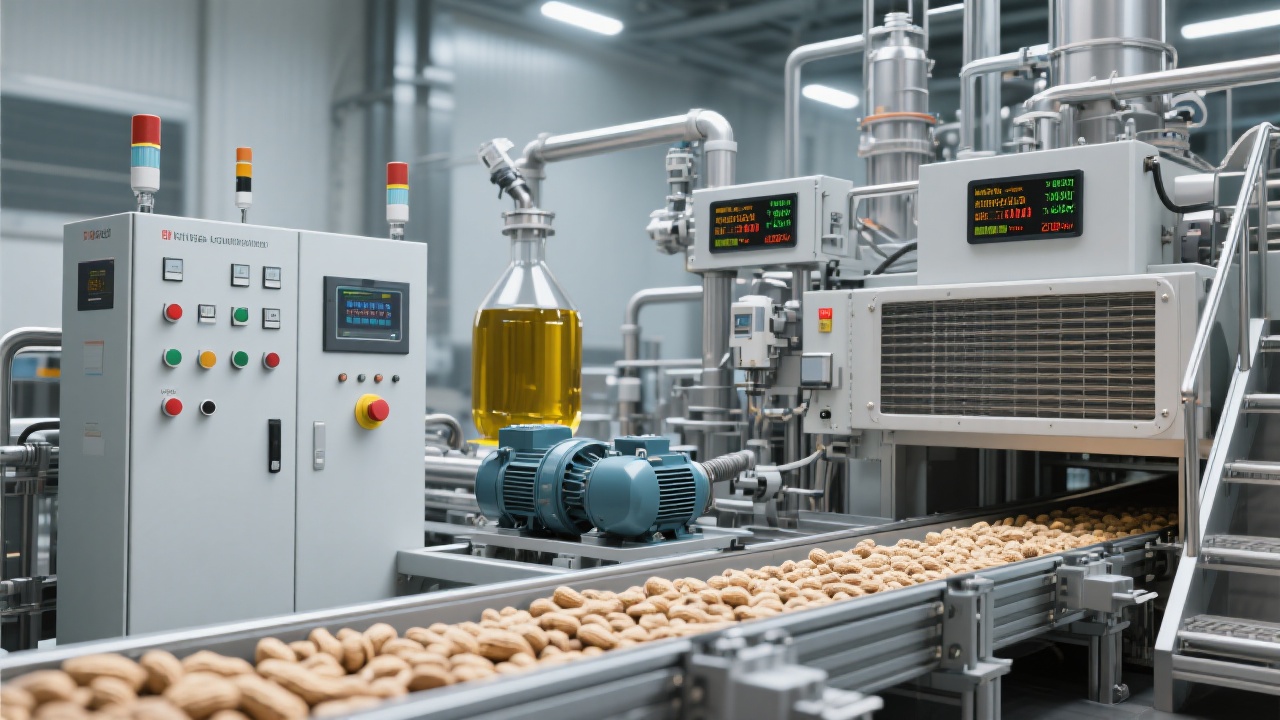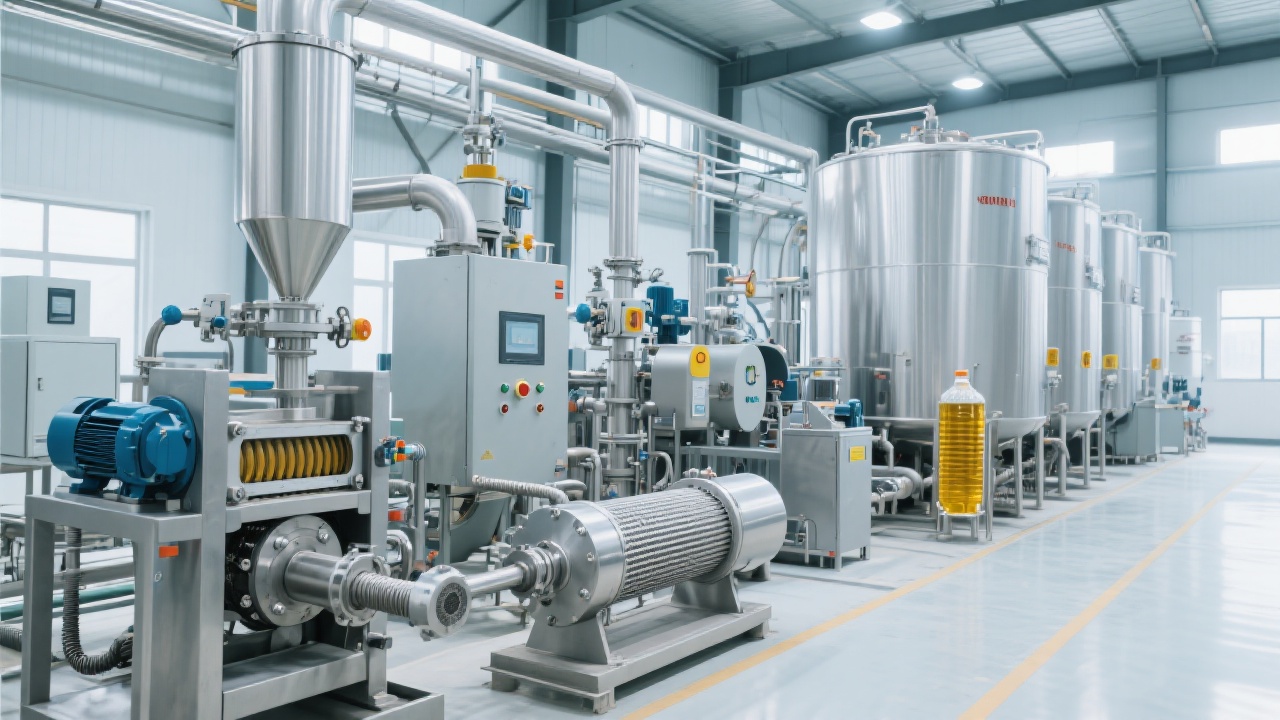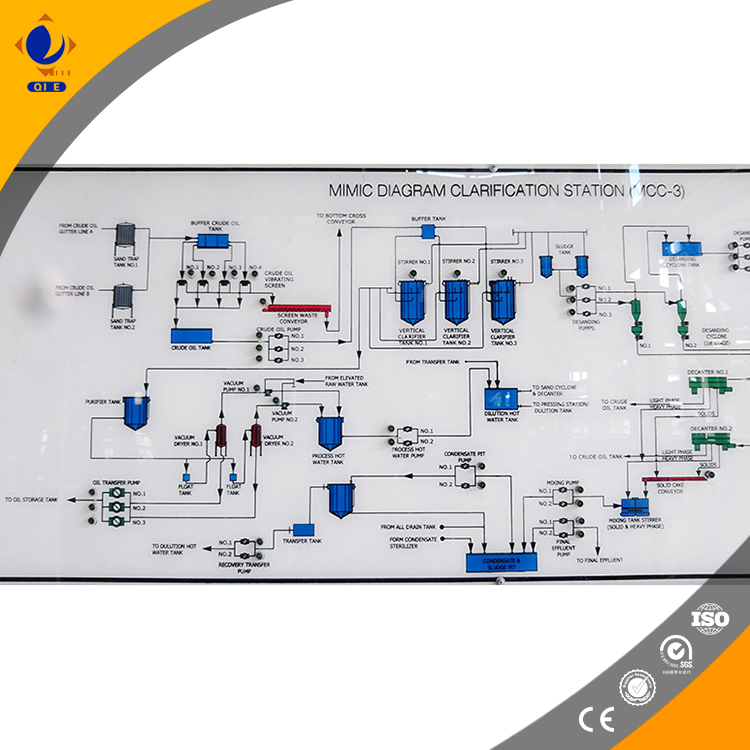
This article aims to build an authoritative knowledge base in the industry, focusing on a comprehensive introduction to palm oil pressing technology and equipment selection. It starts with the details of the process flow, delving deep into the operation points and technical principles of each key link.
The palm oil pressing process involves several crucial steps. First, raw material preparation is of utmost importance. High - quality palm fruits should be selected, and they need to be cleaned and sorted to remove impurities. For example, a well - prepared batch of palm fruits can increase the initial extraction rate by about 5 - 10%.
Next comes the pressing parameter control. Controlling factors such as temperature, pressure, and pressing time is vital. Generally, a pressing temperature of around 80 - 90°C and a pressure of 2 - 3 MPa can achieve a relatively high extraction rate. By precisely adjusting these parameters, the extraction rate can be improved by approximately 3 - 5%.

After pressing, the separation of oil and residues is a key step. Efficient separation technology can ensure that the oil content in the residues is reduced to less than 5%, which means more oil can be extracted. Finally, proper treatment of the waste residues not only helps in environmental protection but also can turn the residues into by - products, such as bio - fuel or animal feed.
When it comes to equipment selection, it should be based on different production capacities and raw material characteristics. For small - scale production with a daily processing capacity of less than 10 tons, semi - automated equipment may be a cost - effective choice. However, for large - scale production with a daily capacity of over 50 tons, high - automation equipment is highly recommended.
High - automation equipment offers many advantages. It can reduce labor costs by up to 40% as it requires fewer operators. Moreover, it enhances safety and compliance, reducing the risk of human - related errors and accidents. For example, fully automated pressing lines can operate continuously with high precision, ensuring stable product quality.

In terms of material selection, 304 stainless steel is widely used in palm oil processing equipment. It has excellent corrosion resistance, which can extend the service life of the equipment by at least 2 - 3 years compared to ordinary steel. Additionally, it meets strict food safety standards, ensuring that the produced palm oil is of high quality and safe for consumption.
Energy - saving technology plays a significant role in palm oil processing. By applying advanced heat recovery systems, energy consumption can be reduced by about 15 - 20%. For instance, using the waste heat from the pressing process to pre - heat the raw materials can save a large amount of energy. This not only helps in achieving environmental protection goals but also reduces production costs.

In conclusion, understanding the palm oil pressing process and making the right equipment selection are crucial for palm oil production enterprises. If you want to learn more about palm oil pressing technology and equipment selection, or if you have any questions, please leave a comment below. We are eager to have in - depth discussions with you. Click here to explore more professional solutions for palm oil processing!

